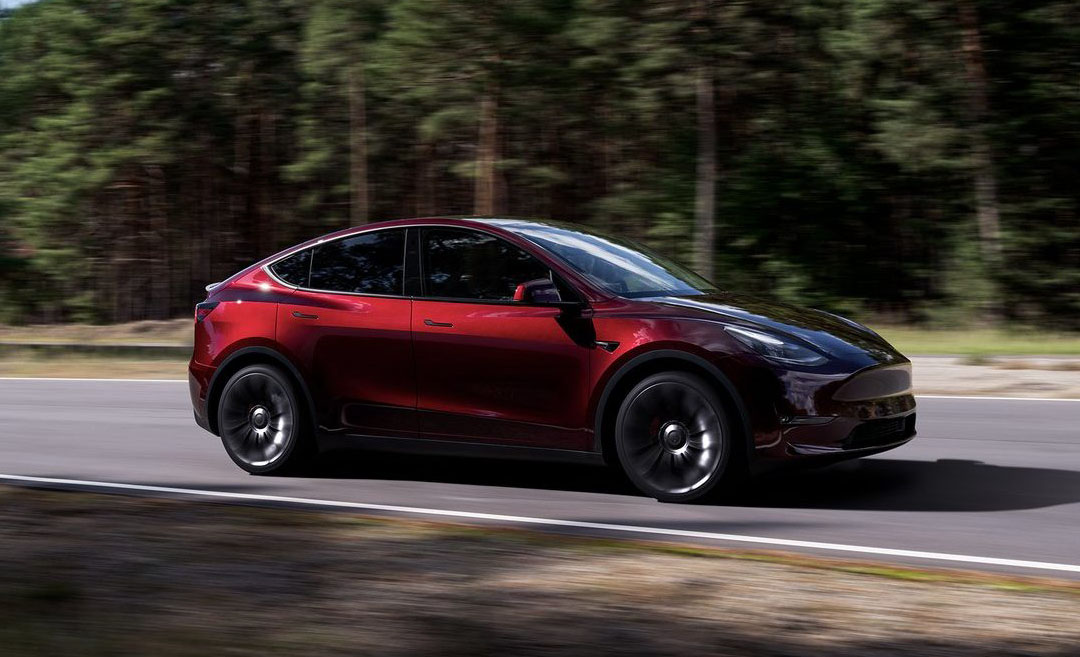The National Highway Traffic Safety Administration (NHTSA) has initiated an investigation into whether Tesla’s recall of over 2 million vehicles, announced in December to install new Autopilot safeguards, is sufficient. The agency stated that it was prompted by concerns arising from crash events after vehicles received the recall software update and preliminary NHTSA tests of remedied vehicles.
NHTSA’s decision to open this new probe comes after it concluded a nearly three-year investigation into Autopilot, citing evidence that “Tesla’s weak driver engagement system was not appropriate for Autopilot’s permissive operating capabilities,” resulting in a “critical safety gap.” The agency also noted Tesla’s statement regarding a portion of the remedy that requires the owner to opt in and allows a driver to readily reverse it.
Tesla’s December recall, its largest-ever covering 2.03 million U.S. vehicles, aimed to enhance driver attention when using its advanced driver assistance system. The recall includes Model Y, X, S, 3, and Cybertruck vehicles in the U.S. equipped with Autopilot produced between the 2012 and 2024 model years.
During its previous Autopilot safety probe initiated in August 2021, NHTSA identified at least 13 Tesla crashes involving one or more deaths and numerous others involving serious injuries, in which “foreseeable driver misuse of the system played an apparent role.”
Consumer Reports, a nonprofit organization, expressed concerns that Tesla’s recall changes did not adequately address safety issues raised by NHTSA. They urged the agency to require Tesla to take stronger steps, stating that Tesla’s recall “addresses minor inconveniences rather than fixing the real problems.”
Tesla’s Autopilot is designed to assist with steering, acceleration, and braking within a lane, while enhanced Autopilot can aid in lane changes on highways but does not make vehicles autonomous. NHTSA found that Autopilot “can provide inadequate driver engagement and usage controls that can lead to foreseeable misuse.”
In response to NHTSA’s findings, Tesla stated in December that it would deploy an over-the-air software update to incorporate additional controls and alerts to further encourage driver responsibility when Autosteer is engaged.
NHTSA has opened more than 40 special crash investigations involving Tesla vehicles since 2016, with 23 crash deaths reported to date, where driver systems such as Autopilot were suspected of being used.
Tesla’s recall includes increasing the prominence of visual alerts and disengaging Autosteer if drivers do not respond to inattentiveness warnings, as well as additional checks upon engaging Autosteer. Tesla said it will restrict Autopilot use for one week if significant improper usage is detected.
In October, Tesla disclosed that the U.S. Justice Department issued subpoenas related to its Full Self-Driving (FSD) and Autopilot systems. Earlier this year, Tesla recalled 362,000 U.S. vehicles to update its FSD Beta software after NHTSA found that the vehicles did not adequately adhere to traffic safety laws and could cause crashes.

